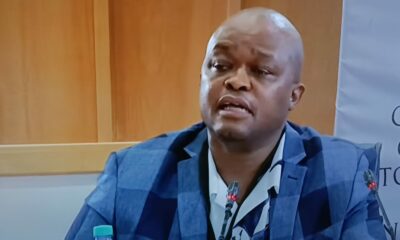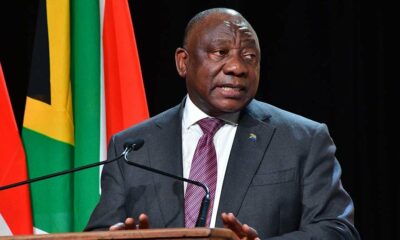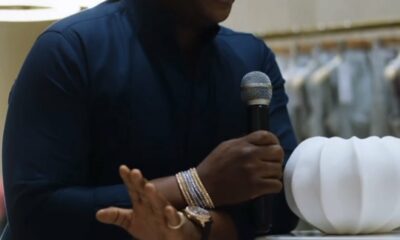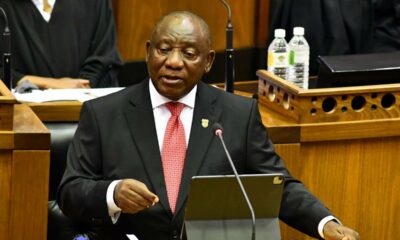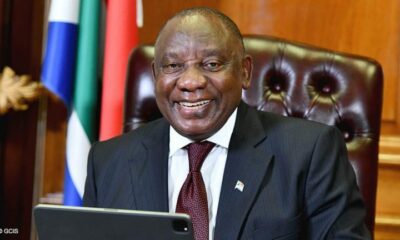News
Ramaphosa: “The Caravan Will Move” as National Dialogue Faces Withdrawals
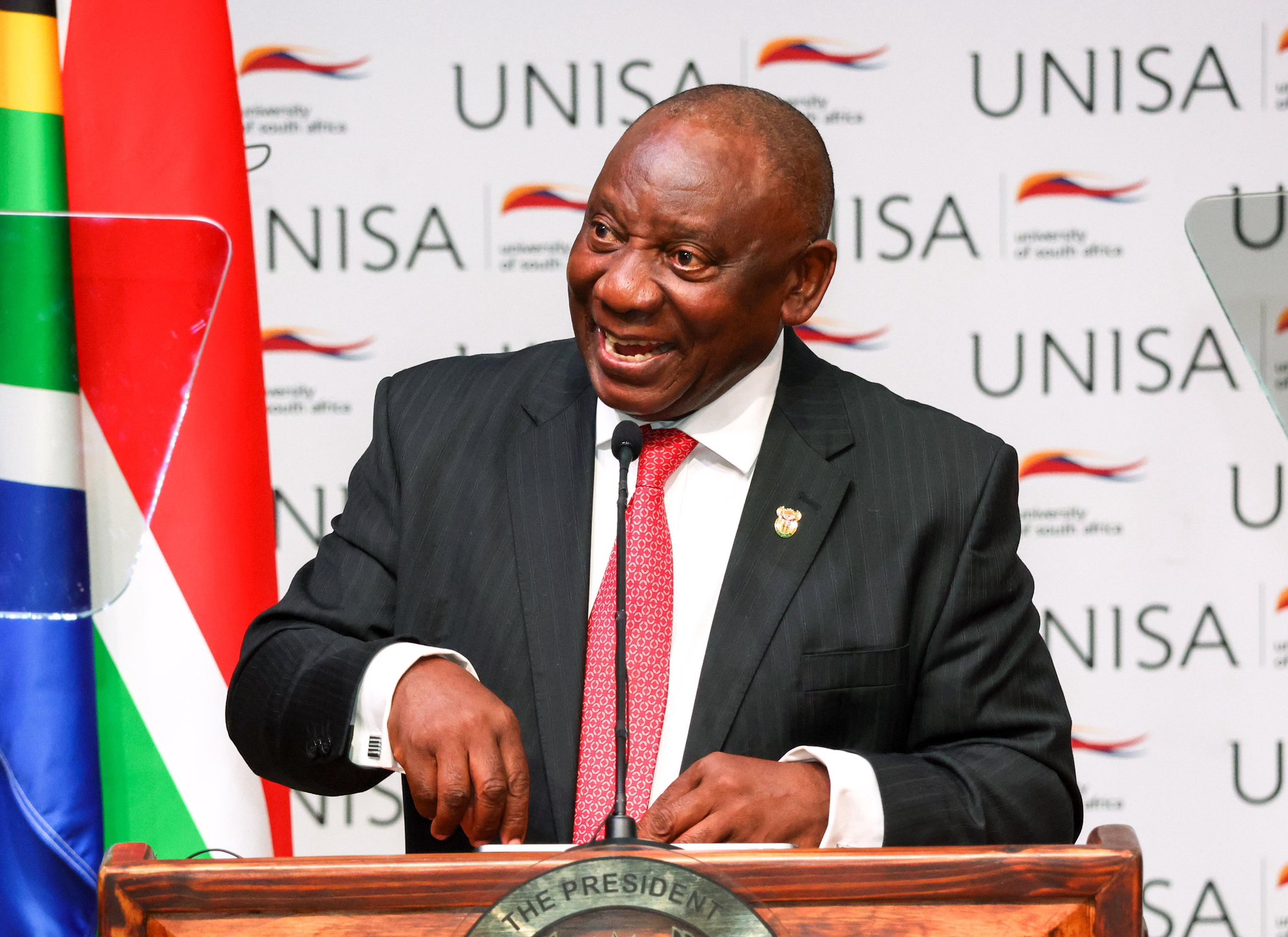
President stands firm amid criticism
President Cyril Ramaphosa has drawn a firm line in Parliament, insisting that South Africa’s National Dialogue will proceed “whether people like it or not,” even as several key stakeholders withdraw from the process.
The comments came during a tense session in which MPs questioned the credibility of the dialogue, particularly after the withdrawal of prominent figures and organisations, including former president Thabo Mbeki, civil society groups, and legacy foundations such as the Desmond and Leah Tutu Legacy Foundation.
DA MP Ryan Smith criticised the initiative as a failure, arguing that the dialogue had lost legitimacy if not all voices were present. But Ramaphosa pushed back, framing the process as larger than any one individual or party.
“This is not the president’s dialogue,” he said. “The people of South Africa called for this process, and it is embedded in our constitution that the President should convene the first meeting. Beyond that, the steering committee now leads the dialogue.”
Drawing on history to defend the process
Ramaphosa invoked South Africa’s past peace and nation-building initiatives, reminding Parliament of moments when progress was made despite incomplete participation.
He referenced the Convention for a Democratic Future and the multiparty negotiations that led to CODESA, noting that even when influential parties abstained, the “caravan moved forward” to produce the constitution and lay the foundation for the country’s democratic framework.
“Criticism and withdrawal are part of the process,” Ramaphosa said. “The majority participate and the process moves forward. History shows that national progress rarely waits for unanimous approval.”
Controversy and budget concerns
The National Dialogue, held last month at UNISA in Pretoria, has faced scrutiny from political parties, lobby groups, and civil society. Critics describe it as a “talk shop” with limited impact.
Concerns over transparency and the initial R740 million budget sparked additional controversy, prompting legacy foundations to step back. National Treasury later confirmed the budget was significantly reduced to an estimated R441 million, excluding unexpected costs.
Ramaphosa acknowledged that criticisms are inevitable but emphasised that the dialogue is now managed by a steering committee, with government support focused on logistics and financing.
An open invitation
In a metaphorical rallying cry, the President declared:
“The caravan will move on, whether people like it or not. Those who want to be part of it and join in will find the door open. The caravan will stop for a while to allow them to climb on, then continue moving forward.”
Public and social reaction
Social media reactions have been mixed. While some praised Ramaphosa for asserting leadership and continuity, others questioned whether the process can yield meaningful outcomes without broad stakeholder buy-in. On X, one user commented: “History shows progress despite absentees, but dialogue only works if people feel represented. Let’s hope this isn’t just rhetoric.”
As South Africa heads toward the 2026 local elections, the National Dialogue’s ability to unify political and civil society voices will be closely watched. Ramaphosa’s insistence on momentum underscores a broader strategy: moving the nation forward, even amid dissent.
{Source: The Citizen}
Follow Joburg ETC on Facebook, Twitter , TikTok and Instagram
For more News in Johannesburg, visit joburgetc.com

